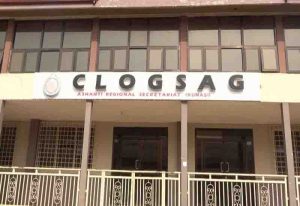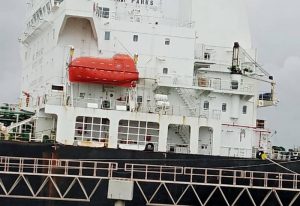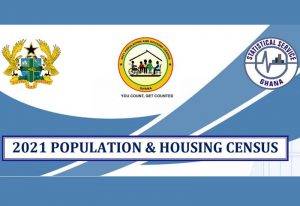The Customs Division of the Ghana Revenue Authority (GRA), will in June, begin a study to ascertain the time spent on clearing goods at the port.
Mr Baffour Yaw Asare, Deputy Commissioner of Customs, in Charge of Petroleum Operations, in an interview with the Ghana News Agency, said, the study, “is all about measuring the time it takes to clear goods from Customs. It is right from the time the goods arrive to when is released out of Customs charge.”
“So, we are measuring all the time stamps to be able to determine how long it will take, so that we can confidently say that if you import goods through Tema, barring all unexpected inconveniences, if you have done your homework well then it should take you maybe four hours or six hours,” he added.
Mr Asare said this during stakeholders’ engagement with industry players from the freight forwarding sector and other agencies, both private and public to discuss the project and seek their input.
Ghana does not have any recommended timelines as compared to her peers; Uganda, Kenya and The Gambia who clear their goods at ports within six hours after working out their pre-arrival documentations.
“We don’t have any baseline yet, ideally, before we started the Integrated Customs Management System (ICUMS), we should have done a baseline study to determine how long it takes to clear goods at the port,” the deputy Commissioner said.
He said such a move would have brought the modernisation as a result of ICUMS, adding that the study would help determine the Ghana’s baseline though the target is within 24 hours.
Mr Kyeremeh Yeboah, Team Leader, Trade Facilitation and Import Management, said, the legal basis for the project is the World Trade Organization (WTO) Trade Facilitation Agreement.
Article 7.6.1 of the Agreement indicates that member States should undertake a time release study to establish the time goods are cleared from their ports and inform the world of its trade facilitation.
“We are supporting Customs Division to undertake this project and our expectation is that the recommendations that we get when implemented will further reduce the cost and time used in doing business in Ghana when it comes to our ports,” Mr Yeboah said.
Ghana’s modules for clearing goods at the port include the pre-arrival, where all the necessary documentations are done before the goods arrive and the post manifest, where one waits for the arrival of the goods to start the processes.
Ghana signed the WTO Agreement in 2017 and set out measures in facilitating trade at the port into categories A, B and C. The category ‘A’ measures were in place during the signing of the agreement and the ‘B’ was implemented within some stipulated time the signing.
The ‘C’ measures are those that need technical and donor support like this study, which would commence in June this year and would last till the end of the year, and its subsequent implementation.
The expectation is that with external support from experts, industry players and donor support from GIZ and USAID on board, the project would be a success.
Ashantibiz




